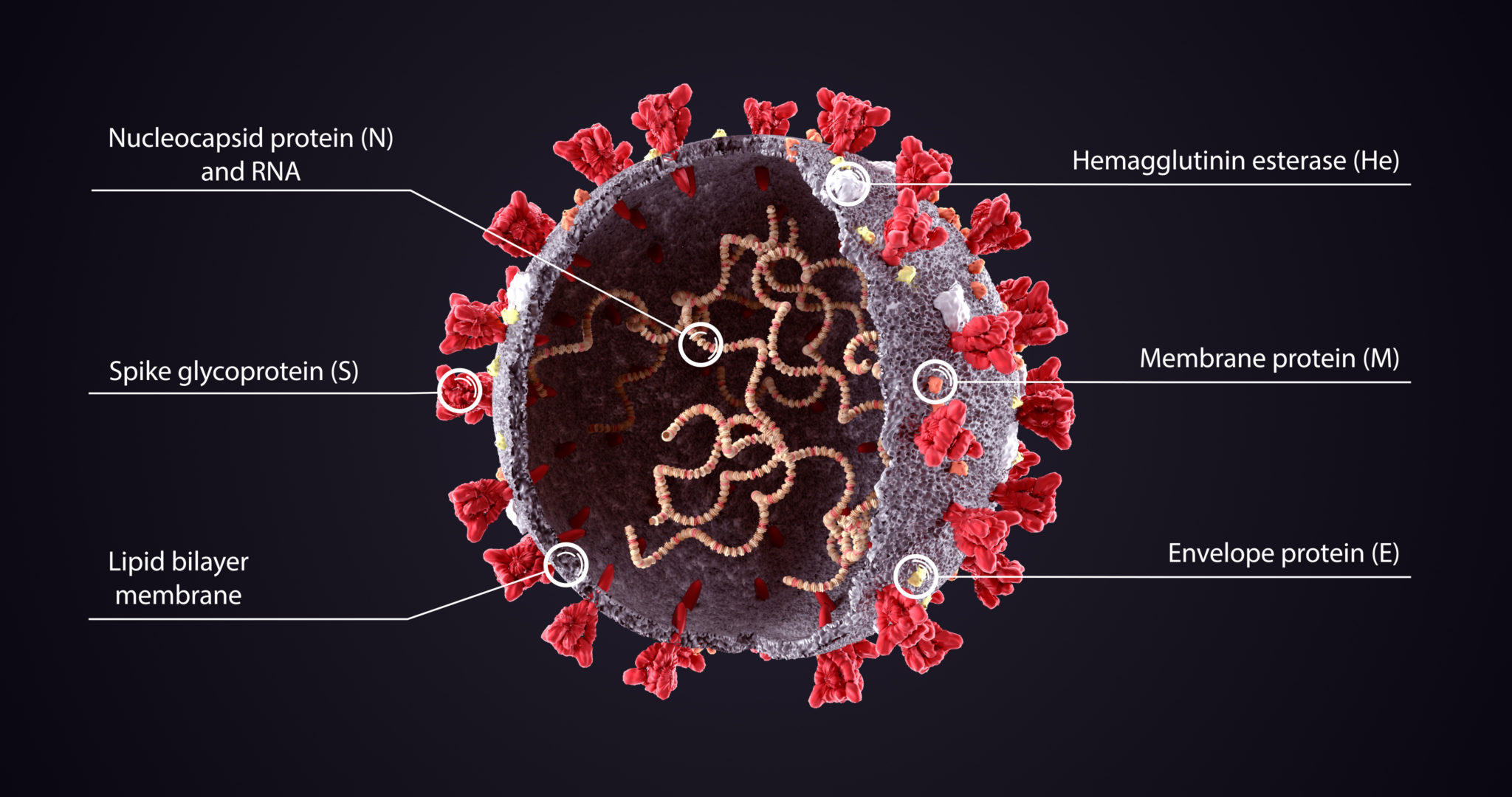Are the COVID-19 Vaccines Made with Fetal Tissue?
It has been months since several COVID-19 vaccines have been approved for emergency use by regulatory agencies around the world. The Pfizer-BioNTech coronavirus vaccine has since been given full FDA approval for use in people 16 and older. Attention now turns to the vaccines made by Moderna and Johnson & Johnson, which (as of the publishing of this article) have yet to be given full clearance by the FDA. Still, many people wonder if they should get vaccinated.
This question has triggered contentious debates. Those who are reluctant to receive a COVID-19 vaccine often voice concerns about vaccine safety and efficacy, wondering what the long-term health consequences will be after they‘ve been vaccinated. Adding to these concerns is the fact that the vaccines produced by Moderna and Pfizer/BioNTech, respectively, are the first-ever messenger RNA (mRNA) vaccines approved for wide-scale human use.
But others wonder if they should refuse the COVID-19 vaccines for another reason. Some have heard that the vaccines contain the cells of aborted human fetuses, while others have heard that researchers used cells from aborted fetuses to develop the vaccines. Even worse are the concerns that the manufacture and production of these vaccines will require an ongoing supply of fetal cells resulting in the unjustified deaths of unborn human persons. For example, John Zmirak, a senior editor at The Stream, recently argued that we should refuse COVID-19 vaccines because if we become vaccinated, we‘ll be benefiting from an act of evil.
The provenance of the COVID-19 vaccines is a serious ethical concern, to be certain. And it raises a number of specific questions, particularly for those who hold a pro-life position.
• Do the COVID-19 vaccines contain human fetal cells?
• Were human fetal cells used to develop these vaccines?
• Are human fetal cells required to manufacture these vaccines?
• Should someone who adopts a pro-life position receive these vaccines?
While there are straightforward scientific answers to these questions, the ethical answers, including the pro-life response, require careful moral consideration. Unfortunately, the space in a blog post is insufficient to adequately engage these issues. So, I have teamed up with my friend, ethics professor George Haraksin, to develop a white paper that details our thoughts (this blog post forms the first few paragraphs of our paper) on the ethical questions surrounding the approved COVID-19 vaccines in the US and the UK.
Our aim is to provide you, the reader, with enough information and insight to make well-informed decisions about whether you’ll receive a COVID-19 vaccine based on your convictions about abortion. On the other hand, if you have already received one of the COVID-19 vaccines, we hope this information may help shed light on the choice you made and inform the moral choices you’ll have to make in the future as further advances in biotechnology make their way into the clinical setting. In other words, this discussion about the pro-life ethics of COVID-19 vaccines can serve as a useful case study illustrating how we should reason through complex ethical concerns associated with emerging biotechnologies.
Resources
“Are the COVID-19 Vaccines Made with Fetal Tissue?” by Fazale Rana and George Haraksin (white paper)
“COVID-19 Vaccine: Your Safety and Ethical Questions Answered” by Fazale Rana, George Haraksin, and Sandra Dimas (video)
“Did God Create Pathogens Such as Coronaviruses?” by Fazale Rana (video)
“The COVID-19 Vaccine and God’s Providence” by Fazale Rana (article)






